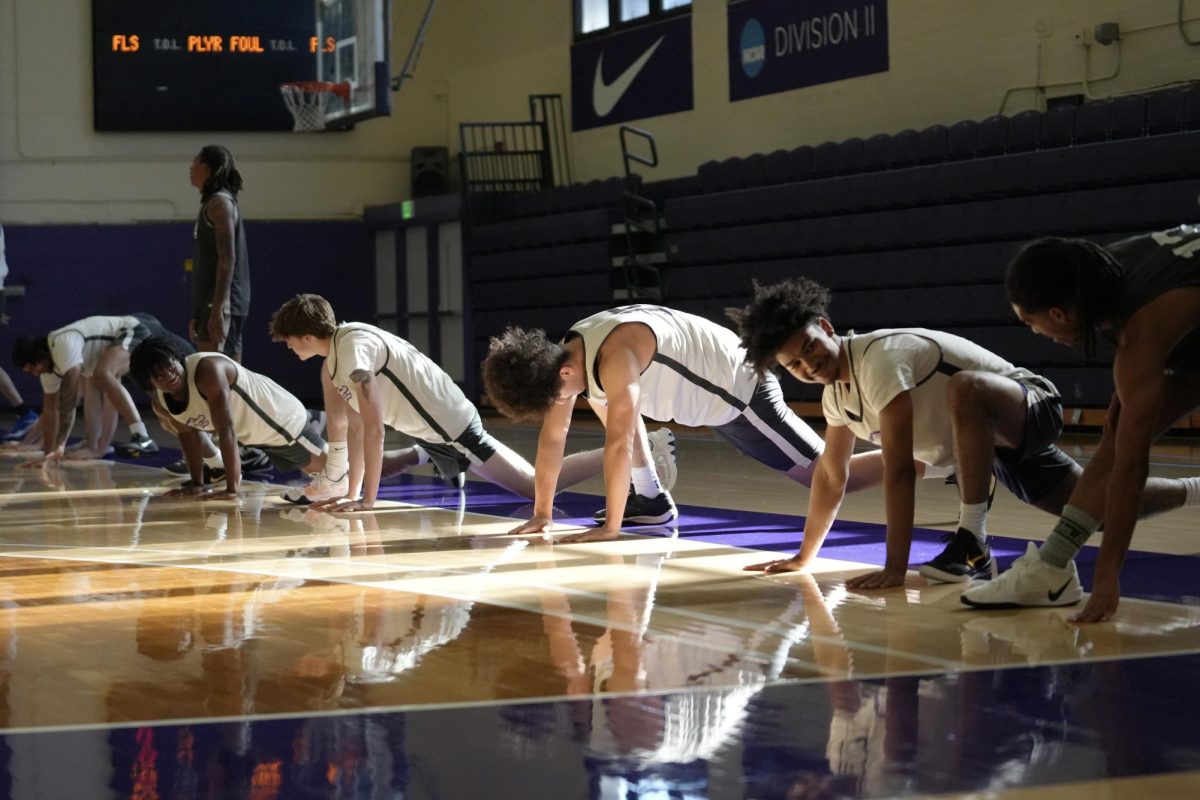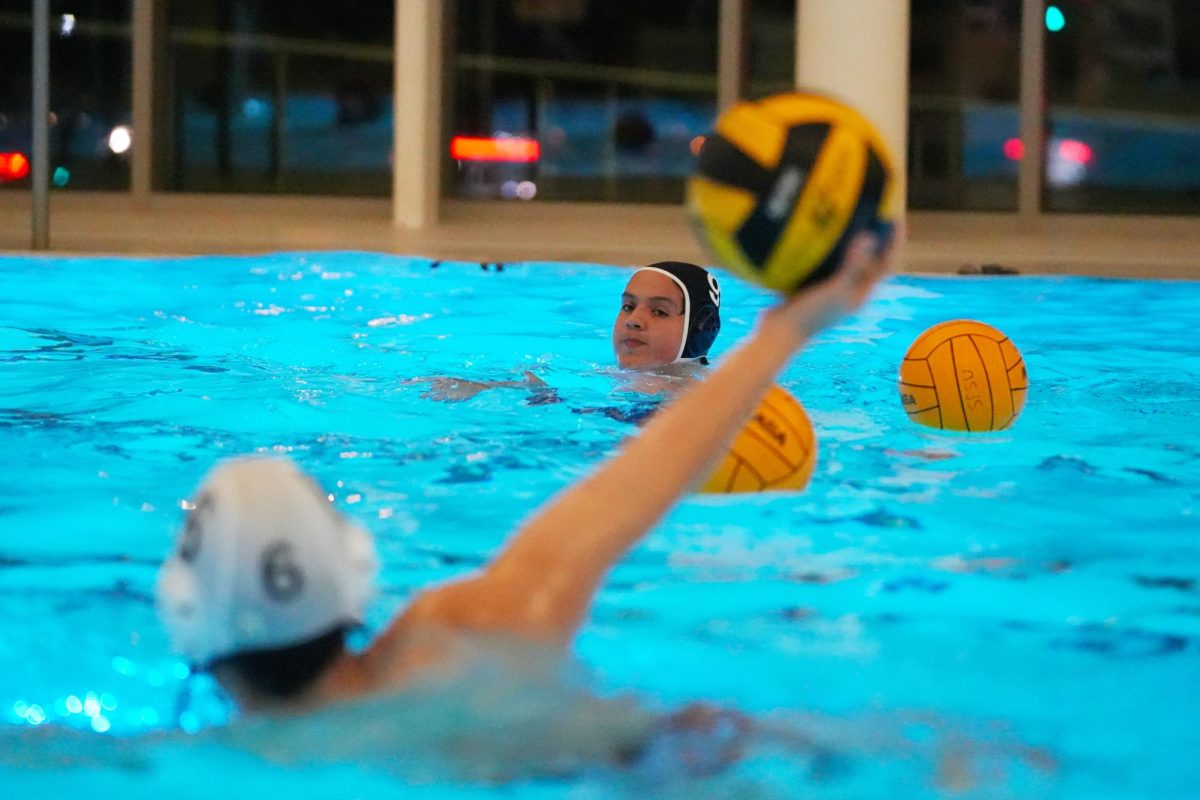Members of the SF State League of Legends club are preparing to get their minds focused and mouses clicking for a major upcoming League of Legends collegiate competition.
The Gators will be competing in the League of Legends North American Collegiate Championship, a single elimination gauntlet that includes over 300 colleges across North America.

League of Legends is a part of a new wave of sports called eSports– electronic contests of skill, intelligence and reflex that are played on competitive platforms, according to an article by re/code.net.
“I’m really happy that eSports are growing as a whole, because it opens up a lot more opportunities for another avenue of athletes, eSports athletes,” said SF State League team head coach Calvin Foo. “They finally get a chance to show off what they can do with their skills.”
The SF State League team is comprised of five players and a coach. Foo chose the starting roster during a tryout Oct. 9, according to League of Legends club president Jasmine Hong.
“I’m pretty confident in our team,” Foo said. “I think we’ll get pretty far, enough to get our name out there and maybe get some other schools to respect us a bit more.”
Foo said his job as coach is to analyze what his team can do better and give them advice on how to improve their play as individuals and as a cohesive unit.
“The coach is really compiling all the strategic data of the game, such as drafting teams and proper character selection for a team,” Foo said. “As you go higher up, the champions you can secure for your team really influence how the game will go.”
League of Legends is a massive online battle arena computer game where teams of five players go head to head on a game map called “Summoner’s Rift.” The object of the game is to get into the enemy team’s base and destroy their Nexus. Maneuvering to destroy the Nexus is accomplished by gaining gold, taking objectives and outplaying opponents with one of 127 selectable characters, called champions. The Nexus gives players control of their champions, and once destroyed, the player-champion tie is severed and the game ends.
SF State is now a part of the eSports phenomenon, which has seen games like Defense of the Ancients II receive coverage from major sports outlet ESPN.
“The growth rate for eSports in general has caught on by being aired by major sports channels,” Hong said. “I can definitely see (League of Legends) becoming super mainstream, especially with how there are world championships; it’ll just keep getting so much bigger.”

eSports is growing in the collegiate ranks, and some schools are even offering scholarships for students to play at their college, according to an article on pcgamer.com. The University of Pikeville in Kentucky offered 20 scholarships to high level League of Legends players.
The winner of the NACC tournament will receive $30,000 in scholarship money per player, according to a lolesports.com article. Gator starter Jesse Christiansen said he can’t wait to go toe-to-toe with some of the best League players in North America.
“I love the competitiveness of League of Legends,” Christiansen said. “I’ve been playing (for over five years), so I just have so many games racked up that it’s still fun for me. I can’t get bored of it.”
Christiansen is the team’s starting jungler — the player in charge of killing monsters not on the main paths — and shot-caller. His role in the game is to control the map for his team and make in-game changes.
Christiansen and the rest of the team will play in the NACC between Nov. 3 and Nov. 15 during an open qualifier. The qualifier is single-elimination, so the loss of one best-of-three contest means the end of the road for any team. Despite the large amount of competition, Christiansen said he’s confident in his team’s ability to take home the NACC Championship Trophy.
“If you don’t plan on taking it all the way, then what’s the point in ever making a team in the first place?” Christensen said.






